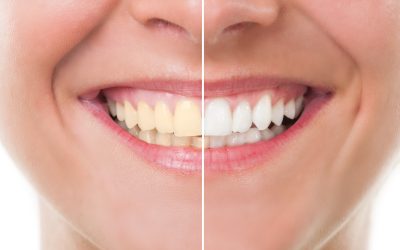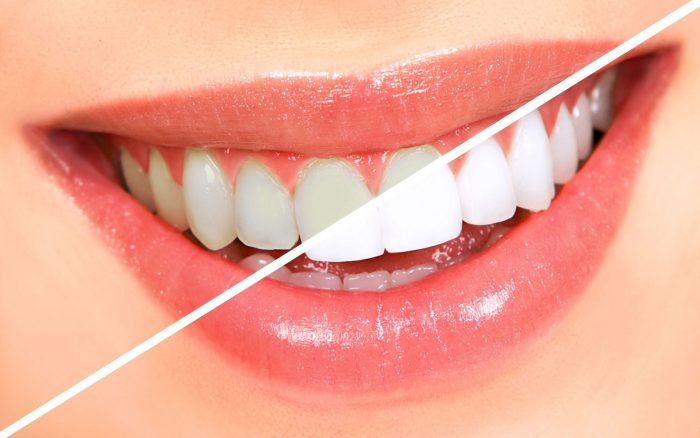Many adults will experience the loss of some or all of their teeth at some point in their life. Tooth loss can lead to severe problems such as the deterioration of bone and the collapse of facial structure. Fortunately, there have been many advances in cosmetic dentistry in the last few years. Dental implants are an excellent option for people who need a permanent solution to tooth loss. The implants have titanium roots and are attached to the jaw, much like natural teeth. They can replace one tooth, several teeth, or an entire jawline and significantly increase the quality of life for the patient. Following are some of the benefits of Dental Implants in Chanhassen, MN.
Perhaps the most important benefit of dental implants is that they protect the remaining healthy bone after tooth loss. When empty spaces are left in the mouth after losing teeth, more health issues can occur, such as the deterioration of bone in the jaw. When it is no longer supporting a tooth, the jawbone becomes weak and loses firmness and strength. Dental implants help retain the shape and stability of the jawbone, unlike other replacement options such as dentures. The implants can even help to stimulate new bone growth and prevent further loss.
Dental Implants in Chanhassen, MN, are perfect for those who are seeking a long-term solution to tooth replacement. Before dental implants became a popular option, most people went with dental bridges, which lasted about five to seven years. With proper care, dental bridges could last maybe ten years. With dental implants, since they are securely inserted with titanium screw roots, most patients find that they last a lifetime with proper care and only need minor adjustments now and then.
Dental implants can help patients enjoy their lives without constantly thinking about or worrying about their teeth. They will never have to worry about their dentures becoming loose or falling out, and they can smile with confidence. Patients with dental implants are able to eat their favorite foods with ease in public. Speaking is easier also, as the patient can pronounce words better than they could without teeth or with dentures. To learn more information about dental issues, Click here.



